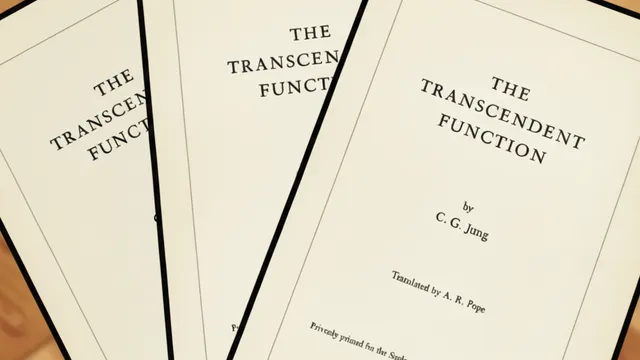Negotiation, self-worth, and the theater of everyday power
Why do some people treat negotiation as a personal proving ground while others avoid it entirely? The psychology of haggling, identity, and self-perception, and why status sensitivity might actually be an asset in political workplaces.

Why do some people haggle over a used speaker like it's a prize fight, while others just want to pay the asking price and get on with life? Why do certain settings practically require negotiation (car dealerships, pawn shops), while others (Walmart, Apple Store) don't tolerate it at all?
The difference isn't just economic. It's psychological. And once you see the social theater embedded in negotiation, you start to see it everywhere. The prices are just the backdrop. The real performance is about control and identity.
Negotiation is rarely about the price alone. Buyers and sellers enter a dance where the goal isn't only to agree on a number but to feel something about the agreement. For many, that feeling is victory. For others, it's fairness. But beneath both is something deeper: the need to affirm the story we tell ourselves about who we are.
In most haggling scenarios, the seller is a stranger. You'll never see them again. So why care if they think you're clever or confident? Because it's not about them. It's about you. We use negotiation as a mirror, a test of our own competence. Did I get the better deal? Did I stand my ground? Am I the kind of person who gets taken advantage of?
If you value competence and agency, negotiation becomes an opportunity to reinforce that self-image. If you lose, you might not just be out a hundred dollars. You might feel like you failed a private exam. But if you're the kind of person who doesn't hinge self-worth on small ego skirmishes, you might opt out entirely. You might look at the dance and think it's not your game.
For some people, haggling is annoying. For others, it's exhilarating. Why? Because it's one of the few everyday places where power dynamics are visible and changeable. We don't get to control much. Most of life, including work schedules, prices, traffic, and bureaucracy, happens to us. But in a negotiation, we can push back. We can say no. We can walk away. It's a rare pocket of leverage, a moment when you're not just a consumer but a player.
This explains why people get emotionally attached to a few dollars' difference. The savings themselves are almost beside the point. The feeling of being in charge is the real prize.
Not all negotiations are created equal. For some, they're quiet calculations. For others, they're tests of dominance. In some cultures and industries, reading social signals is a survival skill. People who are attuned to status cues and social hierarchies may treat every negotiation as a stage. That doesn't mean they're manipulative. It means they've learned that perception is power. And in places where advancement depends on being seen as strategic or confident, that perception becomes the product.
Not everyone wants to play. People with a high internal locus of control, those who believe outcomes are shaped more by their own actions than by external forces, often don't feel the need to signal anything to a stranger. They don't need the win. They don't fear the loss. They know who they are, so they skip the theater. Contrast that with someone more externally anchored, who feels status more acutely. They might fight harder over a price, not because they need the money, but because they need the reassurance.
So who does better?
If you don't care how you're perceived, you might miss the fact that perception is a form of currency.
In some settings, it's the high-internal types: self-directed, outcome-focused, emotionally stable. But in other environments, particularly those shaped by politics and ambiguity, the edge may belong to people who are more attuned to social dynamics. Sometimes precisely because of their social insecurities.
The constant vigilance that comes from worrying about how you're perceived can evolve into a sensitivity to power, influence, and status games. What begins as self-doubt can become a kind of radar.
These individuals may be quicker to detect shifts in tone, unspoken alliances, or the importance of being seen in the right room at the right time. The very discomfort that makes some people anxious in a negotiation can be the raw material for mastering environments where perception drives advancement.
In organizations that reward political savvy, the socially sensitive have the edge. They read the room. They know when to speak up and when to hold back. They understand that being right isn't enough. You also have to be seen as right.
If you don't care how you're perceived, you might miss the fact that perception is a form of currency. People who operate with pure action and ignore optics can lose power they didn't realize was on the table. The inverse is also true. People who only care about optics may rise quickly but deliver little. That catches up eventually.
The ideal is integration: action plus awareness, results plus narrative.
Negotiation isn't just about saving money. It's a moment when identity, power, and perception come into play. Some of us don't care about the dance. Others live for it. But either way, the dance is real. Understanding it, even if you choose not to play, helps you move through the world with more clarity. You don't have to perform, but you should know when you're being invited on stage.



